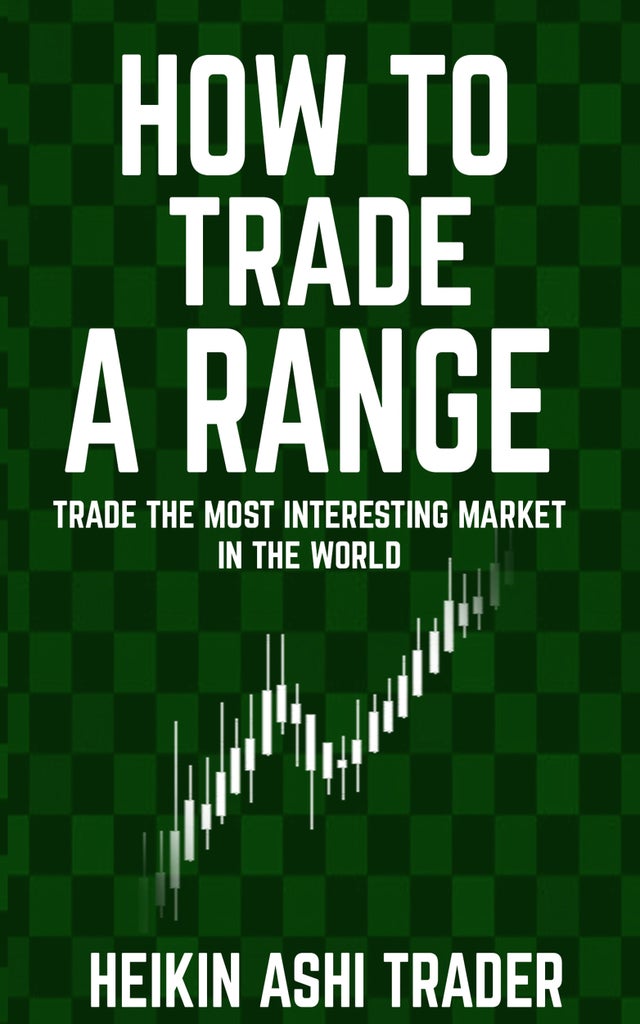Dao Press
How to Trade a Range
How to Trade a Range
Não foi possível carregar a disponibilidade de recolha
Share
Trade the Most Interesting Market in the World
Financial markets are predominantly trading in trendless zones, which traders call
trading ranges or sideways markets. It then appears that they earn money when a
market is in a trend and they should avoid trendless markets, because here there
is nothing to write home about.
Despite this apparent finding, most short-term trading strategies rely on the
trend-following model, although it is demonstrably difficult to implement. Most
traders are more or less looking for a bigger move. The experience shows,
however, that trading "moves" or "trends" is not that easy. Either the trader
recognizes the trend too late, or the movement offers hardly any opportunities to
enter.
There is, however, a specialized group of traders who do not care about trends.
They do exactly the opposite. They trade when the market is in a range. This book
describes the methods and tactics of these traders. It is not about how to identify
a range and then to trade the outbreak from it, but how to trade the range itself.
Table of Contents
1. Introduction to Range Trading
2. What Is a Range Market?
3. Look to the Left!
4. How Do I Draw Proper Support and Resistance Lines?
5. In Which Markets Can You Operate Range Trading?
6. How to Trade a Range in Practice?
7. Where Should I Place the Stop?
8. Questions of Trade Management
- A. Should You Close the Trade Before the Weekend?
- B. Should You Use Trailing Stops in Range Trading?
- C. What Should You Do if the Trade Goes “Nowhere”?
- D. Should I Push the Stop Closer to the Market?
9. Examples of Range Markets
- A. Trading Ranges in the Foreign Exchange Market
- B. Deeper Examination of a Sideways Period in the E-Mini
- C. Deeper Examination of a Sideways Period in the FDAX
10. Advanced Strategies
- A. Opportunistic Limits
- B. Fakeouts
11. Trend Channels (Channel Trading)
12. What Is Really Important
13. Range Trading for Day Traders and Scalpers
Glossary


